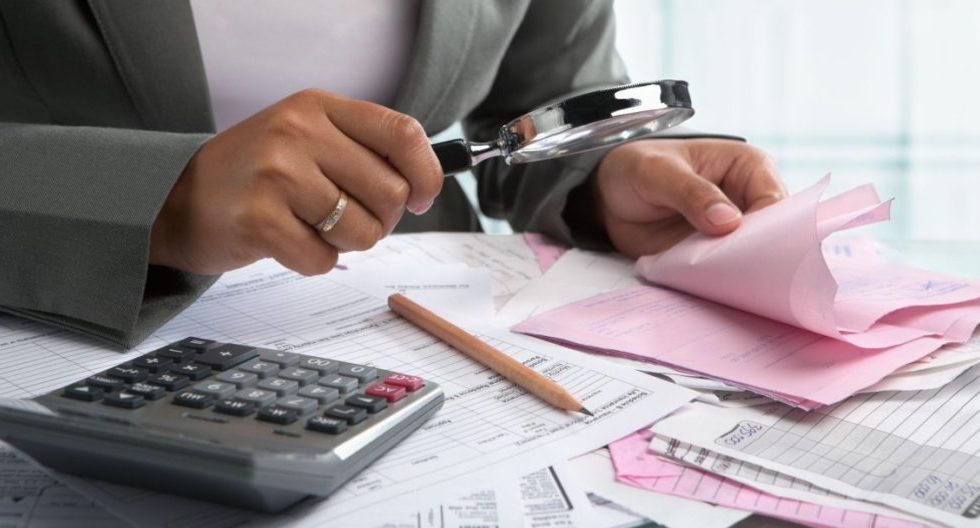Execution proceedings are a legal process initiated by creditors through enforcement offices in order to collect their debts. This process aims to collect the debt by seizing the debtor’s assets or garnishing his/her salary. Execution proceedings are a highly effective method as they are carried out with the power of the state without the consent of the debtor.
The debtor may object to the enforcement proceedings by exercising his/her legal rights or restructure his/her debt by taking advantage of payment facilities. However, if the debt is not paid, foreclosure proceedings are initiated by the enforcement directorate and the creditor’s victimization is tried to be eliminated.
Types of Enforcement Proceedings
Execution Proceedings
A judgment enforcement is a type of enforcement proceeding based on a court decision or a document approved by a judge. The creditor submits the court decision to the enforcement office and demands payment from the debtor. The debtor’s right of objection to this process is quite limited, and usually the foreclosure process can be implemented quickly based on the court decision.
Execution Proceedings
Execution without judgment is an enforcement proceeding initiated without a court decision. With this method, the creditor can apply directly to the enforcement office without any official decision and demand payment from the debtor. However, the debtor can stop the process by objecting to the enforcement proceedings within the time limit.
Enforcement Proceedings Based on Bills of Exchange
Bills of exchange (checks, bonds, policies) are documents that provide certain legal advantages to the creditor, and enforcement proceedings based on them are concluded faster. The debtor’s right of objection to enforcement proceedings based on a bill of exchange is more limited and foreclosure can be initiated in a short time.
Stages of Enforcement Proceedings
Initiation of Enforcement Proceedings
The creditor initiates enforcement proceedings by applying to the enforcement office. For this purpose, a follow-up request, which varies according to the type of receivable, is prepared and submitted to the enforcement directorate. In the follow-up request, the amount of the receivable, the identity information of the debtor and the basis of the debt are specified.
Notification of the Payment Order to the Debtor
The enforcement office sends a payment order to the debtor. After the payment order reaches the debtor, the debt must be paid or objected to within the specified period. If the debtor does not pay or object within the specified period, the enforcement proceeding becomes final.
Debtor’s Right of Objection
The debtor may object to the enforcement proceedings within 7 days after receiving the payment order. In case of objection, the enforcement proceedings will be suspended and the creditor must file a lawsuit for the removal or annulment of the objection. In enforcement proceedings based on bills of exchange, the objection period is 5 days.
Foreclosure Procedures
If the debtor does not pay his/her debt and does not object to the enforcement proceedings, seizure is initiated at the request of the creditor. Sequestration may be applied to the debtor’s salary, bank accounts or immovable property. After the debtor’s assets are determined, the seizure is carried out by the bailiffs.
Sale of Seized Goods and Collection of Debt
The seized goods are sold within a certain period of time and the proceeds are paid to the creditor. The enforcement process continues until the debt is fully collected.
Types of Seizure
Wage Garnishment
If the debtor has a regular salary, the creditor can apply to the enforcement office and request a wage garnishment. By law, the entire salary cannot be garnished, only a certain percentage of it can be garnished.
Immovable Seizure
Immovables registered in the debtor’s name can be seized and sold through execution. The proceeds from the sale of the immovable property are used to satisfy the creditor’s debt.
Seizure of Bank Accounts
The creditor can seize the debtor’s bank accounts. The money in the bank is blocked and cannot be withdrawn until the debt is collected.
Can the Debtor Protect His Rights?
Debtors can protect themselves against enforcement proceedings by exercising certain rights:
-
- Right to Object: If the debtor believes that an unfair enforcement proceeding has been initiated, he/she may object within the time limit.
-
- Debt Installment: If the debtor has difficulty in paying, he/she can install his/her debt in installments by agreeing with the creditor.
-
- Protected Goods during Attachment: By law, some goods cannot be seized (for example, items that meet the debtor’s basic needs).
The enforcement proceedings process is a legal mechanism that enables the creditor to collect its debt by protecting its rights. However, debtors also have ways to protect themselves. Knowing the legal procedures for resolving disputes between debtor and creditor is of great importance for the parties to protect their rights.




